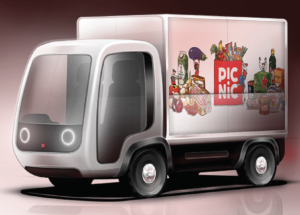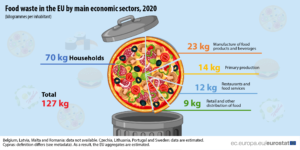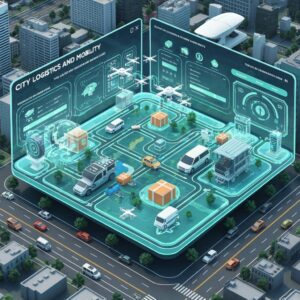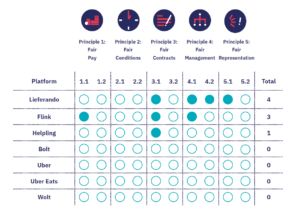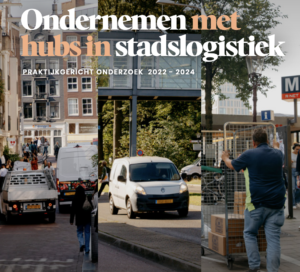Parcel lockers only work if people use them: lessons from a cross-country study

Technological innovations such as parcel lockers are often presented as a solution to the negative impacts of last-mile delivery on people, the planet, and business performance. Yet these benefits will only materialize if consumers actually choose to use them. A recent study applied the Unified Theory of Acceptance and Use of Technology (UTAUT) to better …

